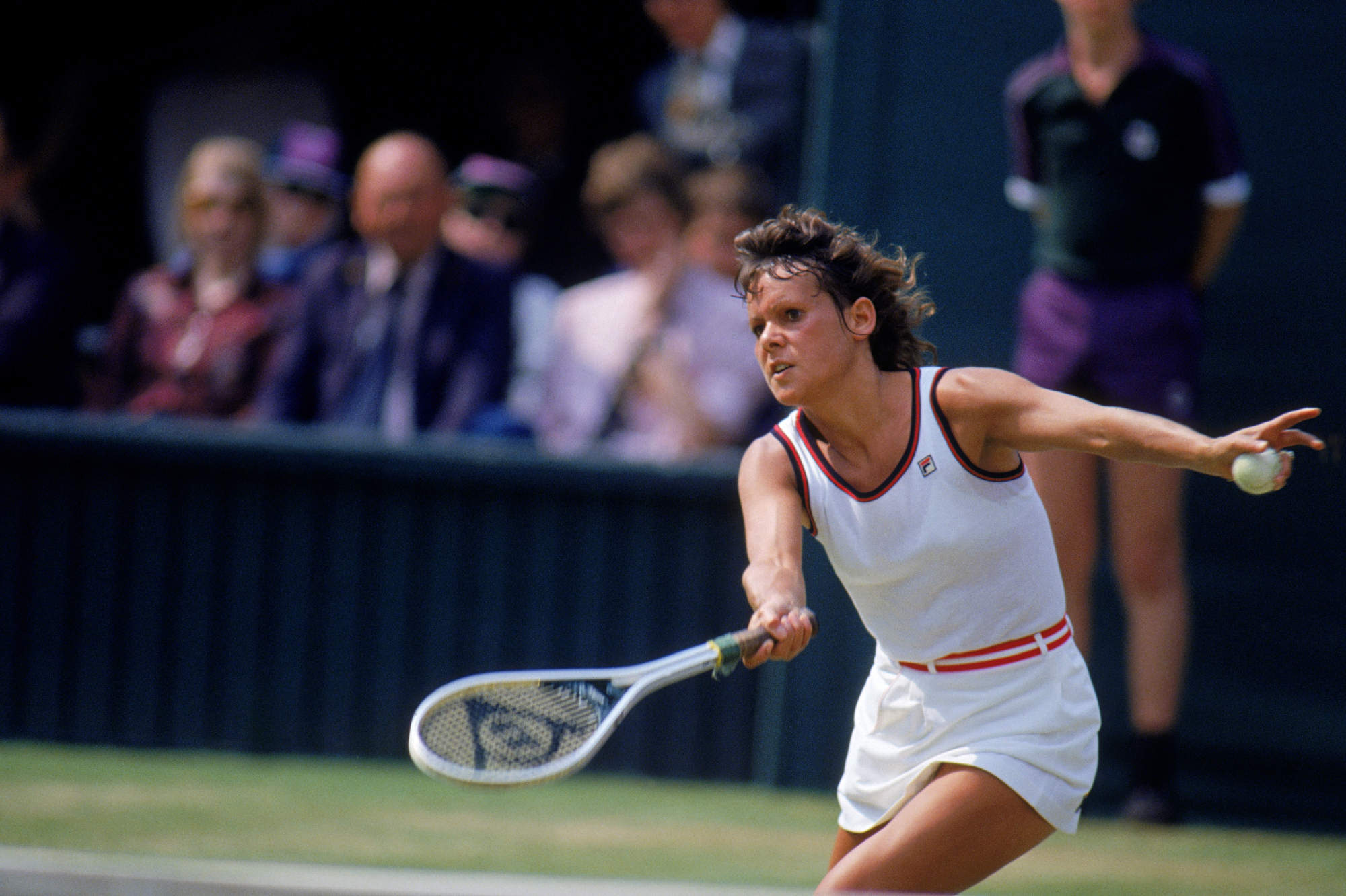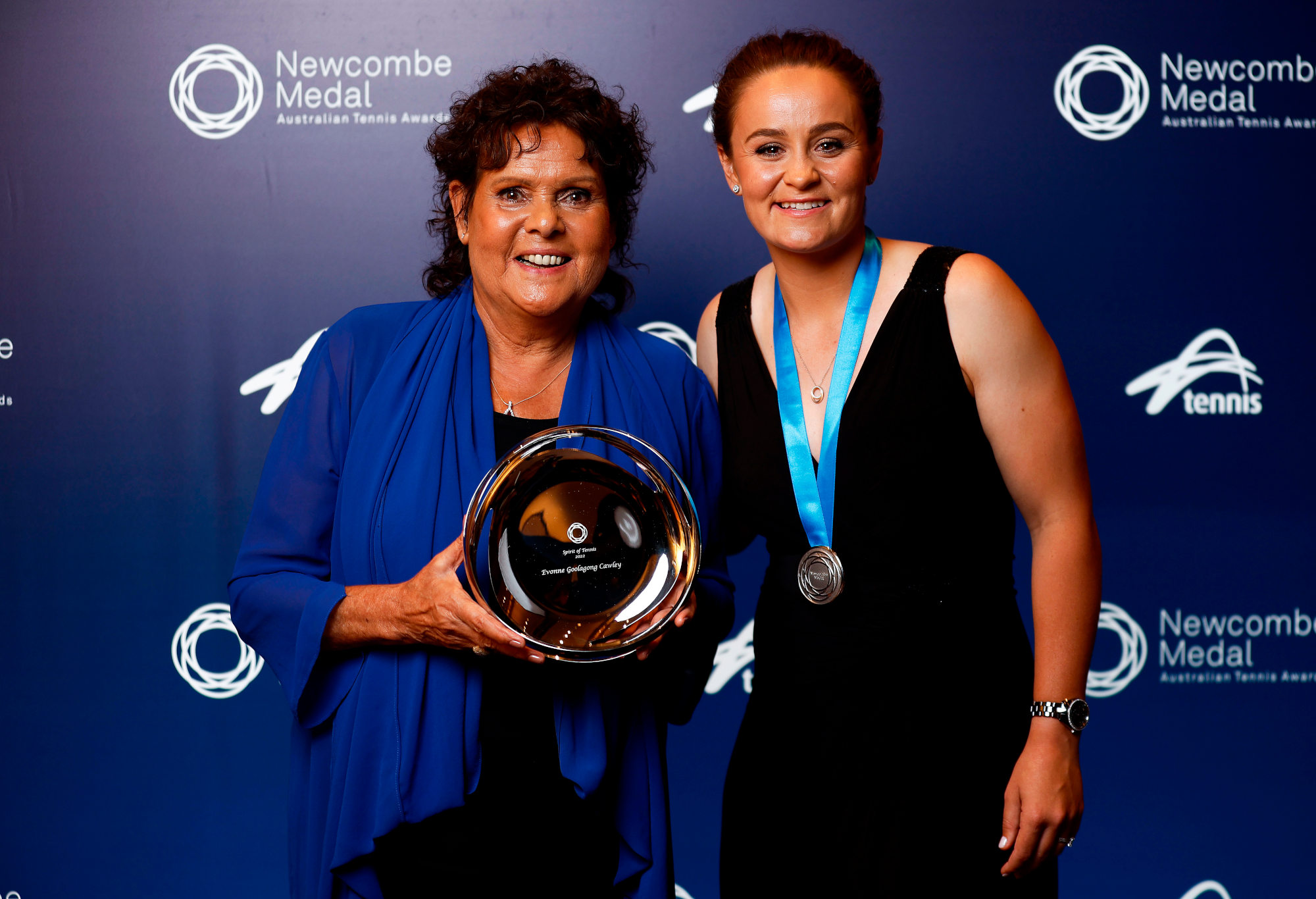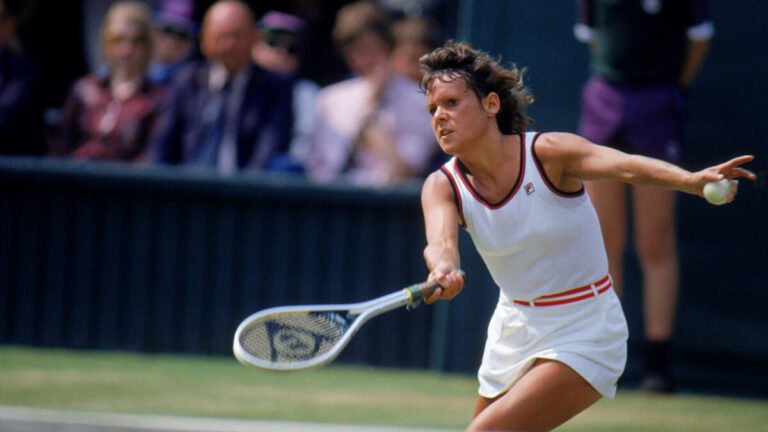a
Modify small textual content measurement
a
Set the default textual content measurement
a
Modify giant textual content measurement
Tennis Australia has introduced it’s going to honor Australian tennis legend Yvonne Goolagong Cowley on the 2024 Australian Open in January, marking the fiftieth anniversary of her first Grand Slam singles title on residence soil. It is a good time to have a look again at her superb Grand Slam singles profession.
Australian Open
Yvonne gained 3 Australian Opens in a row between 1974 and 1976, after ending runner-up 3 years in a row between 1971 and 1973. She was seeded second behind American Chris Evert in 1974, however achieved her first singles win on residence soil in a Grand Slam in 1974. 3 units.
She returned in 1975 because the third seed and efficiently defended her title by defeating No. 8 seed Martina Navratilova in straight units within the ultimate. Navratilova was 18 years outdated and nonetheless a Czech citizen on the time, however she confirmed her huge potential by defeating high seed Margaret Court docket within the quarterfinals.

Yvonne Goolagong Cowley at Wimbledon in 1981. (Photograph by Tony Duffy/Getty Photographs)
In 1976, Yvonne gained her third consecutive Australian Open title as the highest seed. She didn’t drop a set alongside the best way, together with in opposition to Czech fifth seed Renata Tumanova within the ultimate.
Yvonne didn’t have an opportunity at a fourth consecutive Australian Open title as a consequence of her being pregnant when the 1977 match was held in January. Nevertheless, a change within the occasion schedule meant that one other Australian Open was held in December of that 12 months when it returned to play.
As soon as once more, she was the highest seed and didn’t drop a set en path to the fourth and ultimate Australian Open of her profession, defeating fifth seed Helen Gourlay within the ultimate.
Watch each match of the Australian Open ad-free, stay and on-demand, on Middle Court docket in 4K Extremely-HD, on the residence of Grand Slam tennis, Stan Sport.
French Open
Yvonne was simply 19 years outdated when she entered the 1971 French Open because the third seed behind Margaret Court docket and England’s Virginia Wade.
The highest two seeds have been grouped early, however Yvonne and one other Australian, 24-year-old unseeded Tasmanian big killer Helen Gourlay, battled their manner into the ultimate the place Yvonne gained in straight units.
It was her first Grand Slam singles title, and she or he got here near defending it a 12 months later, finally shedding to Billie Jean King within the ultimate.

Yvonne Goolagong Cowley with fellow Grand Slam champion Ash Barty after receiving the Spirit of Tennis Award in 2022. (Photograph by Daniel Puckett/Getty Photographs)
Wimbledon
Yvonne had simply achieved her singles victory on the French Open when she reached Wimbledon in 1971. Nonetheless solely 19 years outdated and seeded No. 3 behind high seed Margaret Court docket and American Billie Jean King, she battled her strategy to the ultimate by defeating King in units Consecutive semi-finals.
The win put her into the ultimate in opposition to Margaret Court docket, whom she had crushed on grass within the Australian Open ultimate earlier that 12 months. However Yvonne turned the tables and gained in straight units.
After three runner-up finishes in 1972, 1975 and 1976, Yvonne achieved her second Wimbledon singles title as a 28-year-old and the mom of a three-year-old daughter in 1980, defeating high seed Chris Evert within the ultimate.
She turned the primary mom to win the title since 1914, and to today she stays the final to take action.
US Open
The US Open was the one Grand Slam singles title to elude Yvonne throughout her exceptional profession, nevertheless it was not for lack of making an attempt. She completed in second place for a heartbreaking 4 years in a row between 1973 and 1976, falling behind fellow legends Margaret Court docket (1973), Billie Jean King (1974), and Chris Evert (1975 and 1976).

